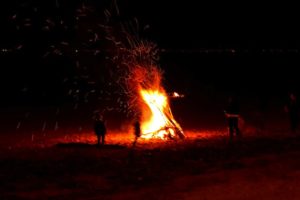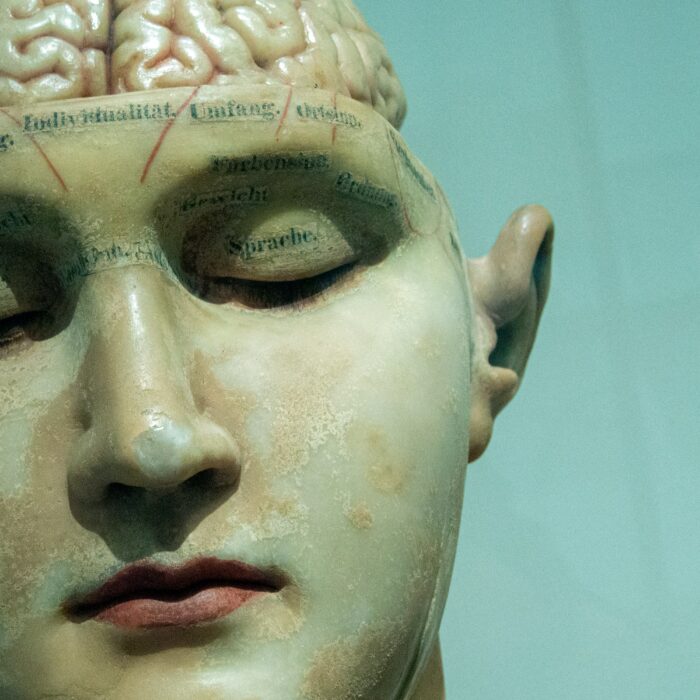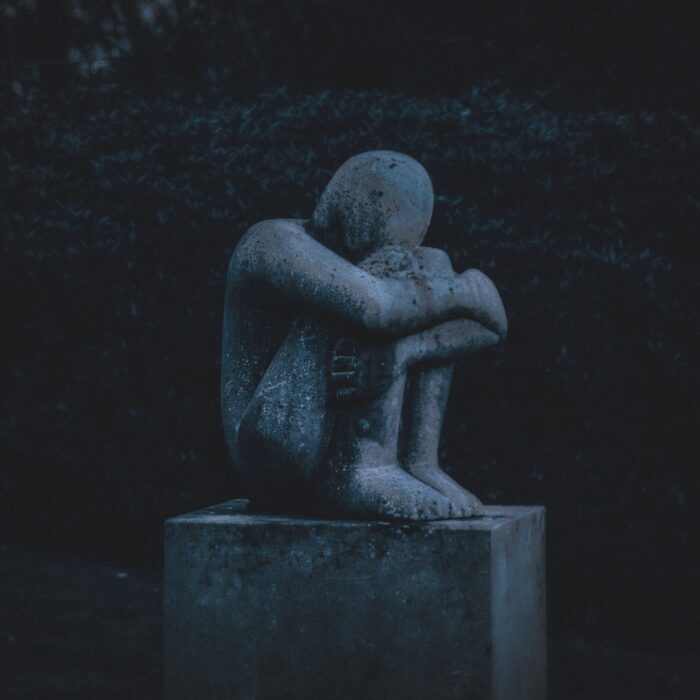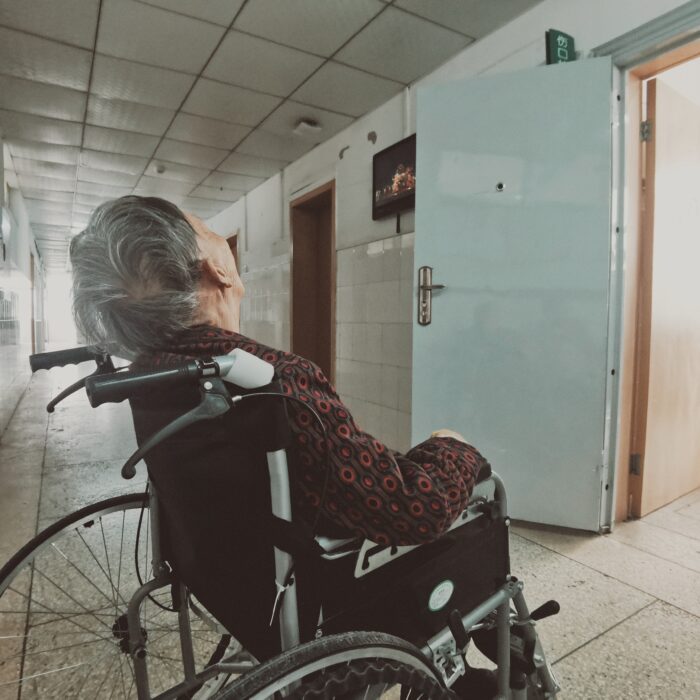You have no items in your cart. Want to get some nice things?
Go shopping We first summoned you at your wake and you have haunted us ever since. Not the official wake where your parents sat limp and bewildered and your aunts cycled robotically around the downstairs rooms with trays of drinks and nibbles. Where we four stood huddled together in the kitchen, our backs to the other mourners, each struggling with the sense that we were intruding on a private moment. As though our grief weren’t authentic enough for us to belong. We were only your friends, after all. Nor your family.
We first summoned you at your wake and you have haunted us ever since. Not the official wake where your parents sat limp and bewildered and your aunts cycled robotically around the downstairs rooms with trays of drinks and nibbles. Where we four stood huddled together in the kitchen, our backs to the other mourners, each struggling with the sense that we were intruding on a private moment. As though our grief weren’t authentic enough for us to belong. We were only your friends, after all. Nor your family.
We left that wake early, entirely dissatisfied, our need for proper remembrance unmet. Funerals are for the living, we said, yet it bothered us all that there was so much of yours that you would have hated. The music, the Bible verses, the people chosen to speak – you were somehow utterly absent in all of it. There was no sense of you, the real you, even with your portrait smiling down at us from the dais. A portrait four years old because your parents hadn’t asked us for a more recent picture. What use is a funeral that cannot reflect the person it is supposed to honour? It seemed to show how little your family knew about the person you had become, and how little interest they had in trying to find out now that you were gone. Or perhaps they felt guilt at the distance that had opened up after you left for university, choosing instead to mourn the son they had known. I try to be understanding; the urge to place blame after a death is overwhelming. We all did it.
So we attended their funeral and their wake, and then we held our own. We each pilfered a bottle from the kitchen and took a taxi out to the beach where we had camped one year for your birthday. We built a fire and sat in the sand, paying no mind to our funeral finery, and we conjured you up from the flames. We each shared our own recollections of you, your phrases and peculiarities. The ways in which you had touched each of our lives. We wove a shared memory of you, each of us adding our own threads until we remembered what it felt like to have you there among us. Anish, the mimic, reminding us of your voice. David, the archivist, recalling the small details that were so unique to you. Cerys, your first love, reminding us of the ways in which you cared for us all. I admit, I said little. Not because I didn’t have anything to share, but because I was wary of sharing too much. Of revealing your flaws, speaking ill of the dead. But if the others noticed, they said nothing. We drank and talked and summoned you as best we could. In the sheltering dark, freed by alcohol and stirred by the fire, we came loose from ourselves, drifted out of our world and met you halfway, in the twilight between life and death. Or so it seemed. We left before the sun came up, choosing to sleep and awaken to reality rather than watch the growing daylight gradually leach away all the magic of our vigil.
The next day we met again for lunch and shyly confessed to what we each had felt, realising that we had experienced the night in the same way. The significance of it seemed amplified by the mundane setting, something for us to nurture. We promised to meet again on the same day every year, and somehow we have. Events fling us apart, but you draw us back together every year, our lives a great slow pulse with you the beating heart that drives it.
After lunch, we hugged our goodbyes and departed. I took a train south, alone, and what occupied my mind and heart was not the experience we had shared but the memories I had witheld. We summoned you together, a version of you we could agree on, but I took with me something quite different: my Peter, the Peter only I had known. I wondered if the others were holding onto their own private Peters as well, and felt certain that they were. Each of us haunted by own shade. What haunts me is secrecy and shame, a version of you that others would perhaps not like. Or more honestly: a version of you that reflects badly on me.
Before the funeral, it had fallen to me to clear your room in the shared house we were leaving. Our first home after university, to be abandoned as we went our separate ways. Your parents had asked us to take care of it, and only send them the important things. I was deemed the most capable since everyone else was presumed to be closer to you and therefore more affected by grief. Anish and David had been your best friends since school; Cerys was your girlfriend, although with her on placement in France you hadn’t seen each other for months. That would have been my opportunity to come clean about us, but I had put so much effort into maintaining the fiction of our platonic friendship that it was hard to let it slip now. Hard to paint you as a cheat when you weren’t there to defend yourself. If the others suspected, they said nothing, and so I found myself in your room with a stack of empty boxed, sifting through your possessions. Impossible to identify what was “important”. After death, the tiniest things are freighted with significance. Post-its with scribbled notes on them: the last samples of your handwriting? Your bed linen, nothing like clean and not likely to be wanted by anyone, but still smelling of you. The real you, my Peter, who had laid here with me on the rare afternoons we had to ourselves, warm and living, both of us secretly joyful under our guilt. And then there were the clothes you had worn… It was too much. I filled the boxes and your cases with every last thing in the room, then I buried myself under the sheets that smelled of you – of us – and cried myself hollow.
We had planned to tell Cerys when she returned from her placement, then come clean with the others. You didn’t want to break up with her over the phone and neither of us wanted the others to know before she did. I suppose we thought we were tempering our own bad behaviour by putting rules and restrictions on it, that we were saving Cerys from humiliation, but I realise now that the secrecy made our affair all the more deliciously intense. Stolen kisses, illicit trysts, all the things you don’t get when you love out in the open. But we were convinced that this, finally, was the real thing – the love that would last. As though we two twenty-somethings had waited and waited for it! It almost makes me laugh now, how important we thought our union was. It coloured everything we did. Yet I look back now and wonder whether it would ever have survived the banality of normal life, of loving out in the open. There is no way to know, and perhaps I only raise the question to spare myself the pain of feeling that I had found and then so quickly lost the real thing, the love that would last. None of the loves that came after you did.
Until Adam, at least. Is it too soon to say that? Perhaps it won’t last, but it feels like more. Adam was the first partner to notice your presence in my life. I had tried so hard to hide you away, not by concealment but by diminishment. Him? Oh, an old friend from uni. No, he passed away. Yes, it was very sad, he was young. But it was a long time ago now. And it worked; no-one ever pressed me on it. Except Adam, who was observant enough to join the dots. My attachment to certain things – books, music, films, places – that he traced back to time spent with you. The friends I rarely saw but stayed in contact with when the only thing that linked us after all these years was the permanent absence of one other person. Adam gently lifted away my camouflage and saw the truth I was shielding. He worked his way into my confidence with the gentle insistence of tree roots easing through obstacles in the soil. He became embedded in my life, patiently learning me and giving me the intimacy against which I had been shielding myself.
It’s not that I intended to shut myself off, but your abrupt death left me with a secret and no-one with whom to share it. By the time I felt ready for relationships again, the habit of secret-keeping had grown strong. Secrets grow more powerful in the dark, I have discovered. You have to expose them to the light quickly or they mushroom and distort, become toxic. You would have told me I was being absurd, letting such a normal human action steer my life, but you weren’t there to tell me. And besides, it wasn’t a decision I made or was aware of – it just grew that way.
I’ve known for a while that Adam understands this, that he has pieced the puzzle together, that he sees me and loves me regardless. But I still need to tell him, to hear myself say it out loud, all of it. For some reason, it’s hard to do it in the spaces we share – our living room, our kitchen, our bedroom – and so I invite him into the bath. We sit facing each other over a cloud of suds, uncomfortable at first as we try to find ways to make ourselves fit together in an unfamiliar configuration. I never share the bathroom; it is the one place where you can drop every pretence and be your truest, ugliest self. With Adam there, it becomes a confessional, a place outside of our everyday lives where I can let the long-suppressed truth spool out of me. In doing so, and seeing Adam accept it as a simple fact of my history, I feel it shrink and lose its hold over me. But not its significance. You still cast a shade over me, somehow. So after my confession comes the exorcism, performed in stages. All the things you and I loved together I now share with Adam, the books and films you and I enthused or argued over. He is not you, he doesn’t respond the way you did, and that’s all the better because somehow it neutralises the memory of you. He and I take a trip to Edinburgh and visit old haunts – vastly changed themselves – and sing along to The Irish Rover at the top of our voices with a pub full of strangers. We find a dim corner and snog like teenagers, and by the time we are nursing hangovers on the train back down south, Edinburgh is more in my memory than the place you and I had a sly weekend of reckless fun. I try to feel bad about painting over my memories of you, but it’s a relief. I’ve nursed my grief for too long.
The final exorcism comes at the anniversary of your wake. I email everyone and tell them I’m bringing Adam this year. One by one, they reply that they will do the same and bring their families, and when we gather around the fire this time there are eleven of us including children. We talk about you and toast to your memory, and then we talk about other things in our lives. We celebrate each other. Before the night is over, I take a moment alone with Cerys and tell her what has been weighing on me for all these years. It hangs in the air between us for a moment, and then she laughs and pulls me into a hug. It doesn’t matter, she tells me. She had moved on from your relationship before your death and had quietly harboured her own guilt over it for some time. I can’t bear to think about how differently she and I both would have coped if we’d simply told each other the truth. Questions about you occur to me, thoughts I’ve held down, but now I’m tired of the past. I want to look ahead, make plans, move forward. Adam waits patiently for me by the car, smiling as I approach. “Ready to go?” He asks. I return his smile. “I am.”
About Olivia Hannah
Olivia Hannah is a translator and writer based in Newcastle upon Tyne. Her work has been featured in Litro Magazine and performed at the Live Theatre in Newcastle.




